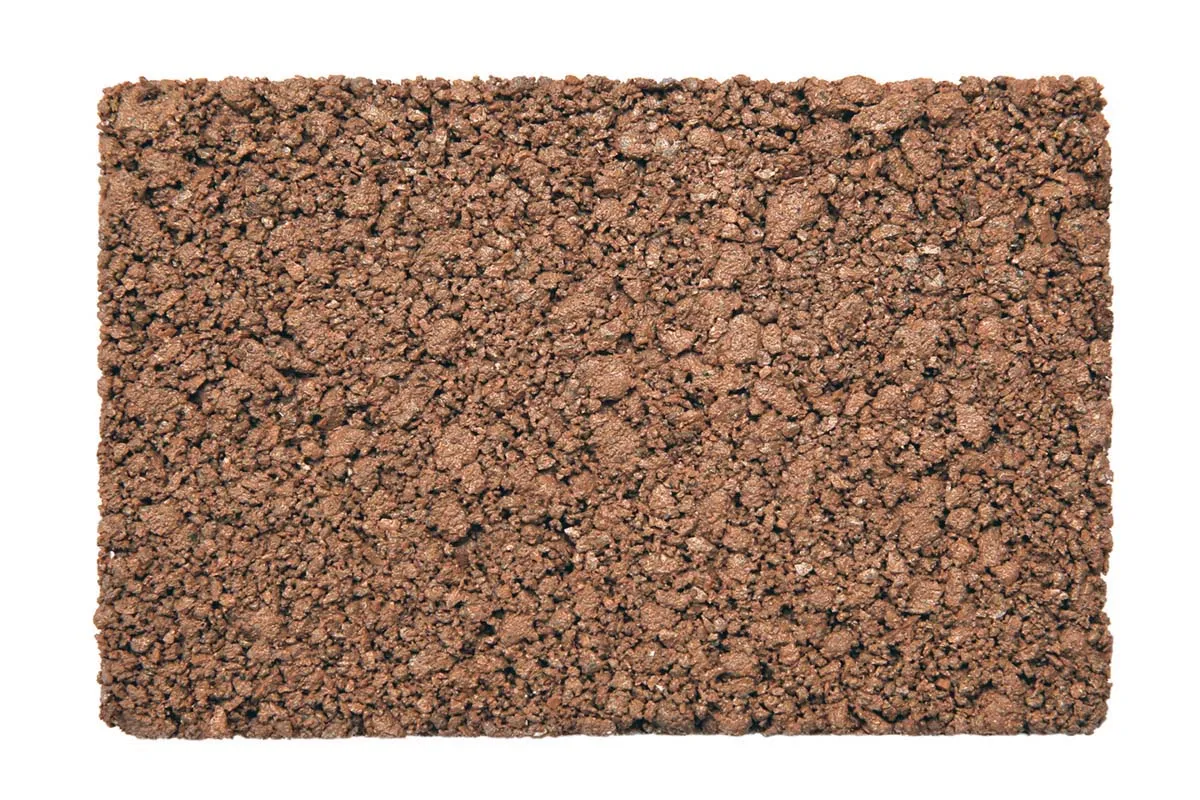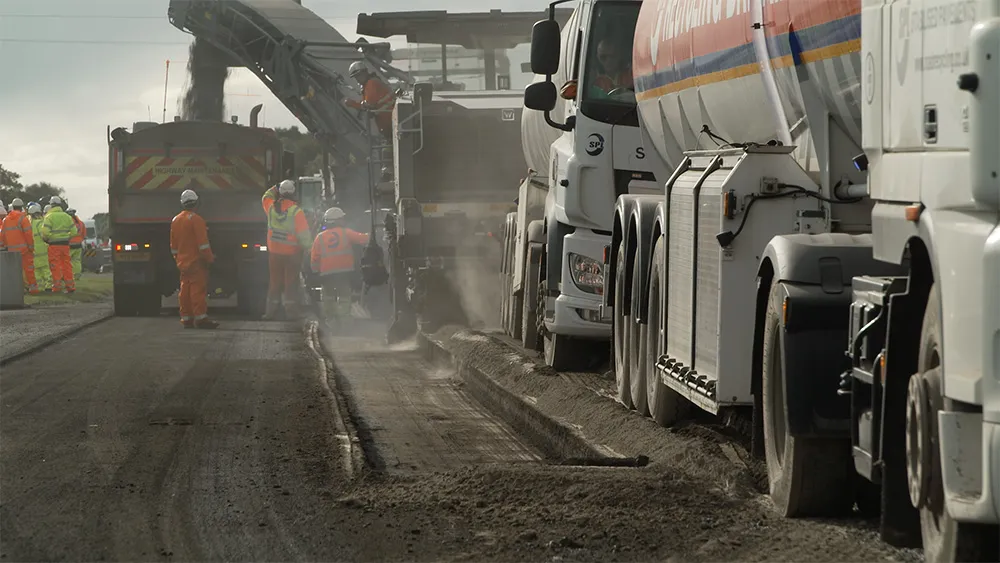The Bituchem Group has introduced a new colour to its Natratex Cotswold range. The company is now producing a Salmon alternative offering a pink shade of the durable natural asphalt material.
Natratex Salmon uses coloured stone pigments sourced from specific quarries to offer a naturally coloured surface for a wide range of commercial and domestic applications. The coloured aggregates of Natratex Salmon are fully bonded using a clear resin binder to form a hard-wearing surface.
Like all Natratex prod
December 10, 2015
Read time: 2 mins

The 1327 Bituchem Group has introduced a new colour to its Natratex Cotswold range. The company is now producing a Salmon alternative offering a pink shade of the durable natural asphalt material.
Natratex Salmon uses coloured stone pigments sourced from specific quarries to offer a naturally coloured surface for a wide range of commercial and domestic applications. The coloured aggregates of Natratex Salmon are fully bonded using a clear resin binder to form a hard-wearing surface.
Like all Natratex products, the Salmon material is versatile and can be used for any new, overlay or regeneration application that sees light vehicular or pedestrian use, including car parks, domestic driveways, footpaths and parks. The mechanics and functionality of the Natratex range is similar to traditional asphalt as it is laid and compacted at the same nominal thickness, using conventional equipment. The Bituchem design team can work with architects and specifiers to suggest ideal solutions for the individual requirements for each application and tailor the aggregate type to each contract specification.
Natratex Salmon uses coloured stone pigments sourced from specific quarries to offer a naturally coloured surface for a wide range of commercial and domestic applications. The coloured aggregates of Natratex Salmon are fully bonded using a clear resin binder to form a hard-wearing surface.
Like all Natratex products, the Salmon material is versatile and can be used for any new, overlay or regeneration application that sees light vehicular or pedestrian use, including car parks, domestic driveways, footpaths and parks. The mechanics and functionality of the Natratex range is similar to traditional asphalt as it is laid and compacted at the same nominal thickness, using conventional equipment. The Bituchem design team can work with architects and specifiers to suggest ideal solutions for the individual requirements for each application and tailor the aggregate type to each contract specification.









